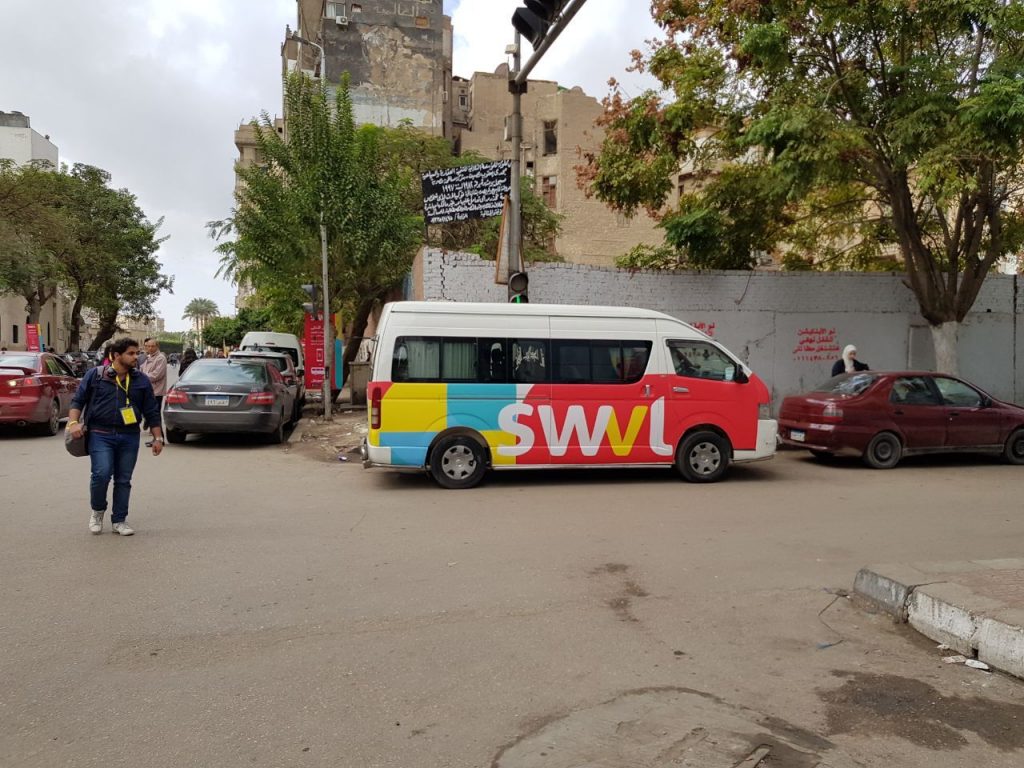An Egyptian startup that is disrupting the transportation sector with its bus booking service, Swvl plans Nigerian expansion as it is now set to launch in Africa’s most populous city, Lagos. The new venture is proposed to take place in July and the startup will be starting with 50 buses.
About Swvl
Founded in 2017 by Mostafa Candil, Mahmoud Nouh and Ahmed Sabbah, Swvl offers app-based mass transit system. Its bus service provides riders heading in the same direction to share its fixed-route bus trips for a fixed fare.


The system is schedule-based. Using its mobile app, commuters would book bus seats for different stops along the routes it operates in the city. Swvl touts its service as being up to 70% cheaper than competing on-demand ride-hailing startups.
In just 2 years, Swvl has received massive traction, raising $38m across 3 rounds, with plans to raise $50-$100 million to fuel its global expansion.
The expansion into Nigeria is its second venture out of Egypt following its introduction to Kenya recently. Swvl plans to be in seven megacities by the end of 2019 including cities in Southeast Asia.
The startup recently partnered with automotive giant, Ford to provide Ford Transit minibuses as the preferred vehicle of choice on Swvl’s routes.
Following the entry of ride-hailing startups, mass transportation has continued to become less attractive to people. This is because many commuters have decided to choose comfort and promptness to the overcrowded and under-maintained buses. Plus they can also avoid the harassment they face on alternative means of public transport.


Welcome to Nigeria
No doubt, Swvl’s offer of comfortable mass transit service at far cheaper rates plus a no “fare surge” policy would make it a competitive alternative to ride-hailing startups. But in a tough economy like Nigeria, it will be interesting to see how they attain profitability with such a model.
While the cost of fuel and diesel would definitely be an advantage compared to Egypt, cost of other components like vehicle parts and fixing will come to bear especially with the bad and flooded roads Lagos is particularly known for. Moreover, cost of registration, licensing, and other regulatory requirements might be burdensome and the processes quite tedious.
Also worthy of consideration is the abominable traffic or ‘go-slow’ reminiscent of Lagos. Thus, Swvl could literary find itself racing against time and against the very schedule its protocol and coordination is hinged on. And as they say in Nigeria, ‘time na money’.
Also, Swvl will not be launching in an unsaturated market. Startups such as Staffbus.ng, Zeno, Shuttlers.ng, are already operating a similar service. Not to mention the danfo’s and molue’s and BRT’s that have long since been the traditional means of commuting.
There will also be competition from already launched ride-hailing startups while bike-hailing startups can also not be ruled out.
But with over 20 million residents in Lagos, the market is quite large. The key for Swvl might be to look towards the areas which could be considered the more underserved areas as far as innovative transport services are concerned.






